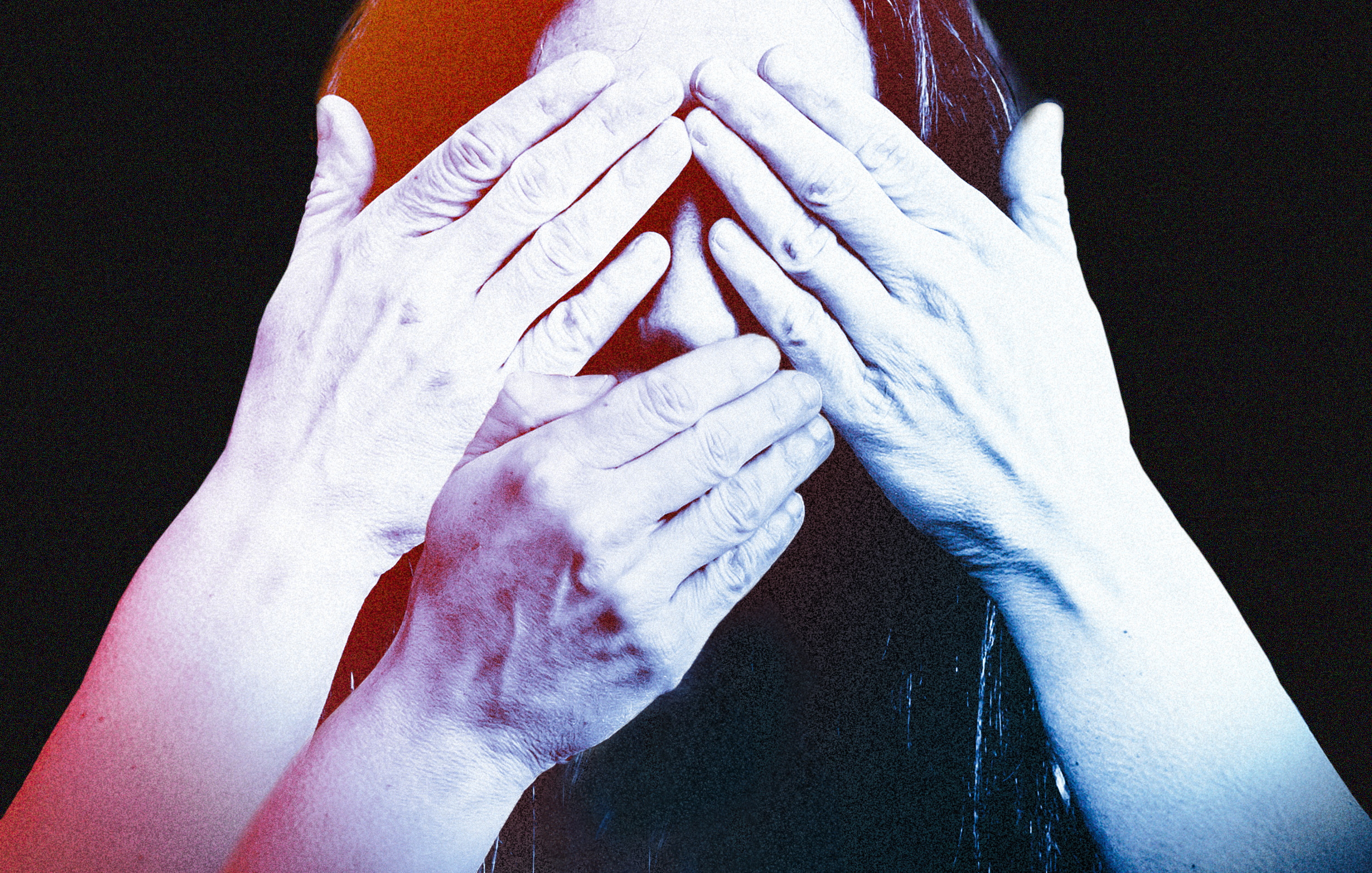Issue:
October 2023
The Johnny Kitagawa sexual abuse scandal is a moment of reckoning for the domestic media

It was 2 p.m. on September 7. The location was the Palace Hotel in Tokyo. There were least 300 journalists, and dozens of cameras. I couldn't recall this many people attending a press conference in recent years. Ironically, the event was centered on an issue that the Japanese media had ignored for decades: the Johnny Kitagawa sexual abuse scandal. Julie Keiko Fujishima, the niece of a man now perceived as Japan’s worst sexual abuser of modern times, looked into the camera and bowed deeply in apology, before announcing that she had resigned as president of Johnny & Associates, the agency she inherited from her uncle and her mother, Mary. But she will retain her 100% stake in the company. Pressed by reporters – including me – Fujishima admitted she had known about Kitagawa’s behavior but was unable to take it further, let alone put a stop to it.
The press conference was supposed to be the agency’s opportunity to announce radical changes in the wake of the scandal. By any logic, it should have been the end of Johnny & Associates. But that was far from what happened. As the Number 1 Shimbun went to press, the agency had even retained its name – guaranteeing that it would be forever associated with its disgraced founder. But aware of the backlash, the company was due to hold another press conference on 2 October amid speculation that it would, after all, adopt a new name.
My sense was that, despite the mea culpas, Fujishima and other senior staff still respected Kitagawa, who died in 2019 at the age of 87. His niece will continue in her role as its sole shareholder. The only changes were the words of apology and plans to compensate survivors of Kitagawa’s abuse – although one wonders how it is possible to put a monetary figure on their suffering.
Kitagawa took many of his secrets to the grave – but others did see the light of day. And now, some of his victims are speaking out, including Kauan Okamoto and Yasushi Hashida, who chose the FCCJ as their preferred forum to reveal the abuse they experienced. Are all the domestic media now listening to them? Some are – but others are still pretending not to have noticed. I was struck by how the most pertinent and powerful questions at the September press conference largely came from freelance journalists, and reporters from magazines and satellite TV channels. The same could not be said of most reporters from the major newspapers and terrestrial TV networks.
For decades, they effectively acted as Kitagawa’s allies. The whole affair is, in my opinion, a shameful indictment of the Japanese media, who chose to protect the powerful at the expense of the welfare of boys and young men until they found it impossible to ignore the mounting scandal.
One retired journalist told me: "You have to realize that Asahi Shukan magazine ran a frontpage headline at the time of Kitagawa's death that included the words: 'Thank you Johnny'".
Toshi Ogata, a former Asahi Shimbun reporter who now works for the independent Arc Times, regrets not picking up on Shukan Bunshun’s 1999 series about Kitagawa’s abuse or its partial legal victory several years later. “I did not appreciate the magnitude of the scandal,” Ogata said. In a 2004 ruling, the Tokyo high court said Bunshun had been justified in printing the revelations about Kitagawa, but the ruling failed to grasp the extent of the problem. In addition, it came at the end of a civil, not criminal case – another excuse for the mainstream media to sit on their hands. Koji Matsubara, who presents the BS-TBS program Hodo 193, acknowledged that the broadcaster had neglected the case for years. The Tokyo Shimbun is devoting space to the scandal, mainly because it has been taken up by its tenacious reporter, Isoko Mochizuki.
Yet many outlets are still keeping quiet or reporting the bare minimum – a sign that large sections of the domestic media have yet to learn the lessons of their professional and ethical failures in connection with Kitagawa.
When the police call a news desk to tell them that an actor is about to be arrested for possessing a tiny quantity of cannabis, journalists are all over the story. In the blink of an eyes, the actor in question no longer has a career or a past – he is simply the “suspect”. But when a powerful person with whom the media had a significant commercial relationship was implicated in a possible crime, they looked the other way.
When Shukan Bunshun broke the news on a possible intervention by then then deputy chief secretary, Seiji Kitahara, designed to halt a police investigation into his wife, rather than following up, journalists from the major dailies voiced outrage at Bunshun’s “violation” of Kitahara’s human rights. The confusion between human rights and privacy was, perhaps, deliberate, given that Kitahara was an important source.
Finally, allow me to voice my own regret over the way I covered the Kitagawa case. The scandal gained much-needed global coverage after the BBC aired a documentary by journalists Mobeen Azhar and Megumi Inman, who are not based in Japan. As a correspondent who has worked in Japan for more than 20 years, I believe I failed. I could have taken up the case where Shukan Bunshun had left off, but I didn’t. I did not even propose to my then employer that we investigate the Kitagawa allegations while the pop impresario was still alive. All of which highlights the challenges Azhar and Inman must have encountered in making their documentary, and the high quality of their work. We owe them congratulations, and a debt of gratitude.
Karyn Nishimura is a correspondent for the French daily newspaper Libération and Radio France.

